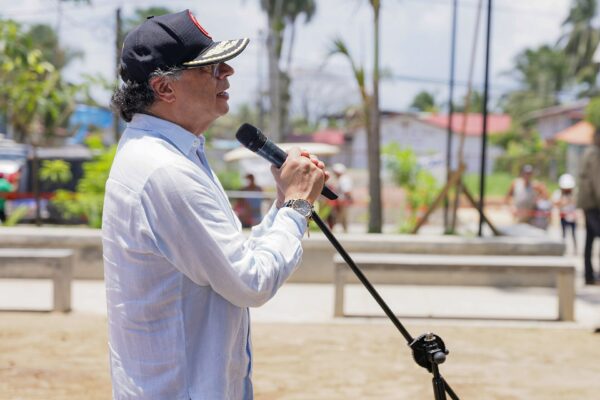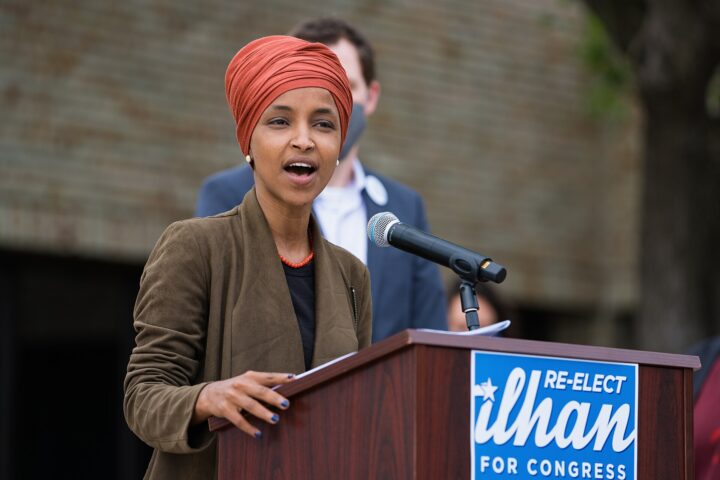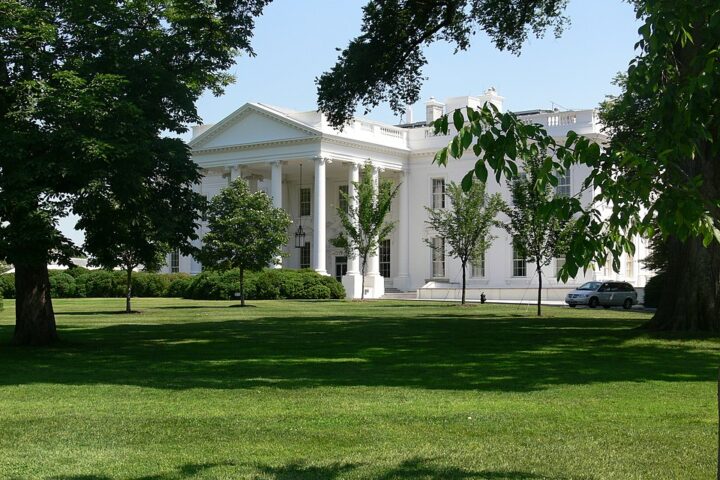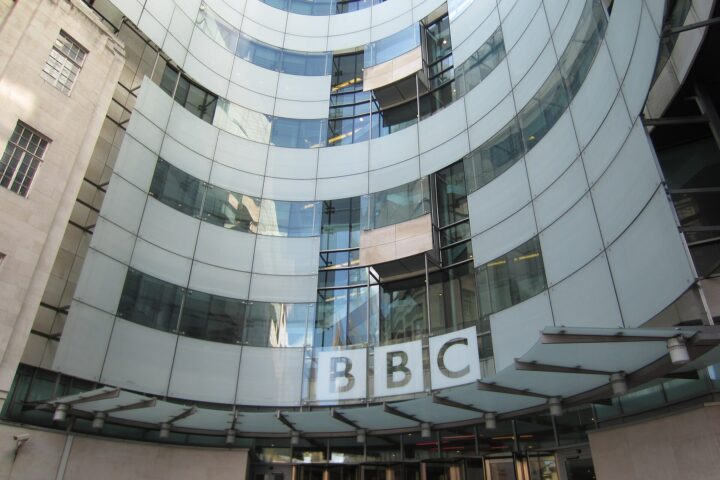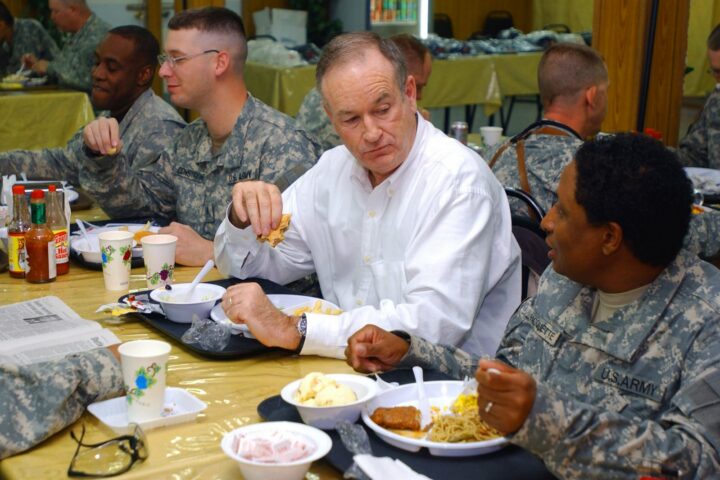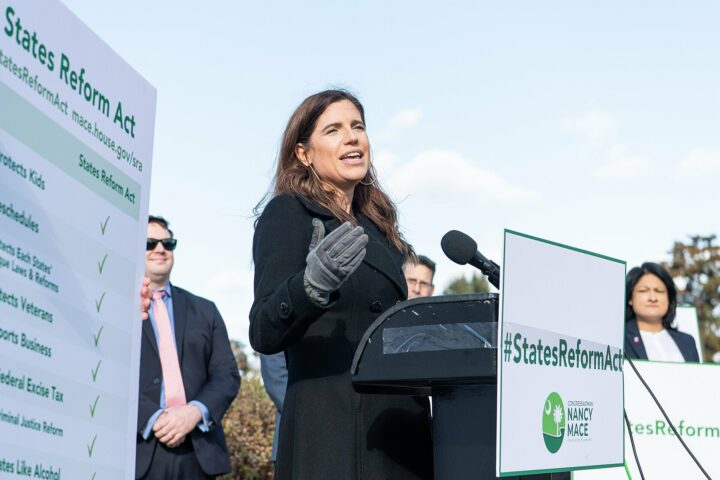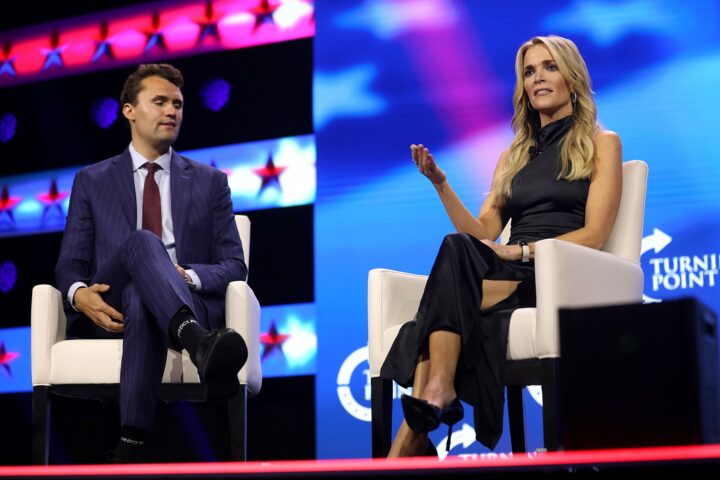Far-left Colombian President Gustavo Petro reportedly sharply criticized President Donald J. Trump this week for the U.S. military’s operations in the Caribbean, calling the American leader a “barbarian” in an interview with NBC News. The remarks underscore growing tensions between the United States and some of its Latin American partners as the Trump administration expands efforts to combat drug trafficking emanating from Venezuela.
Petro defended Colombia’s decision to halt intelligence sharing with the United States in response to the military strikes. “We would not pass on the information because we would be collaborating with a crime against humanity,” he told NBC, insisting that intelligence gathering “is not for killing” and accusing the U.S. of using it for lethal purposes. Petro described Trump as a leader who “wants to frighten us,” reflecting deep unease over the administration’s aggressive posture in the region.
The strikes, which began in September, target vessels identified by the U.S. as transporting drugs from Venezuela to other parts of the Caribbean. According to Petro, the strikes often kill low-level crew members rather than the criminal masterminds behind the operations. “They are poor boatmen. They know how to drive a boat, they are hired in their poverty by the gangsters. But gangsters don’t sit on the boats,” he said. “Then, when one of those missiles arrives [it] kills that boatman. It doesn’t kill the drug trafficker.”
The U.K. reportedly halted intelligence sharing over the strikes, a move Colombia followed, signaling growing concern among traditional American allies. Petro emphasized that proper “due process” should guide responses to alleged trafficking, insisting that vessels and personnel should be seized and detained rather than destroyed in military actions.
The Trump administration, meanwhile, has defended its operations as necessary to disrupt narcotics flows into the United States. Last month, President Trump dispatched the USS Gerald R. Ford carrier strike group to the Caribbean and confirmed authorization for covert CIA operations inside Venezuela, heightening speculation that the administration may target Venezuelan strongman Nicolás Maduro directly. These measures are part of a broader strategy to dismantle the Cartel de los Soles, a Venezuelan drug trafficking organization tied to Maduro’s military.
Trump also imposed sanctions on Petro last month, accusing the Colombian leader of failing to rein in the country’s cocaine industry and shielding criminal groups from accountability. These sanctions put Petro in a position similar to Maduro, who faces U.S. indictments on drug trafficking charges.
The operations and ensuing criticism highlight a central tension for U.S. policymakers: striking decisively against drug traffickers while maintaining support and cooperation from regional partners. Petro’s comments reflect a broader skepticism among Latin American leaders about U.S. unilateral military actions and the potential humanitarian consequences for civilians caught in the crossfire.
While Democrats and some Republicans in Washington have questioned the legal basis for extended military strikes without congressional approval, the Trump administration continues to maintain that the measures are essential for national security. The dispute signals a period of heightened friction in U.S.-Latin American relations, with Colombia at the center of the controversy.
[READ MORE: Trump Administration to Label European Antifa Groups as Foreign Terrorist Organizations]

